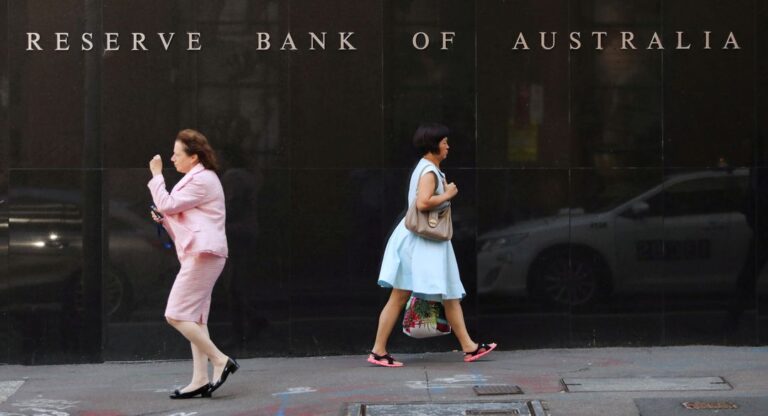
SYDNEY, (Reuters) – Australia’s top central banker said on Tuesday coronavirus lockdowns would cause a sharp contraction in the economy this quarter but was confident activity would rebound quickly once restrictions were eased in the December quarter.
In a speech, Reserve Bank of Australia (RBA) Governor Philip Lowe also reiterated that interest rates were not expected to rise from record lows until 2024 given the persistently sluggish growth of wages.
Indeed, Lowe took issue with market pricing for rate hikes in late 2022 and 2023.
“These expectations are difficult to reconcile with the picture I just outlined and I find it difficult to understand why rate rises are being priced in next year or early 2023,” Lowe said after noting the considerable inertia in wages in Australia.
“While policy rates might be increased in other countries over this timeframe, our wage and inflation experience is quite different.”
Lowe acknowledged that the lockdowns across Sydney, Melbourne and Canberra would likely see the economy contract by at least 2% in the September quarter, and possibly by significantly more.
Unemployment was also expected to reach the “high fives” for a short period, he said. The jobless rate stood at 4.6% in July.
“This is a major setback, but it is likely to be only temporary,” said Lowe. “We expect the economy to be growing again in the December quarter, with the recovery continuing into 2022.”
Much of this optimism was due to a rapid pick up in vaccinations which should allow restrictions to be eased in the December quarter.
Meanwhile, core inflation has been under the RBA’s 2-3% target band for the past five years and policy makers want to be certain it is sustainably back in the band before tightening.
Lowe said that would require wages growth above 3%, from the current 1.7% pace, which would likely take until 2024.






